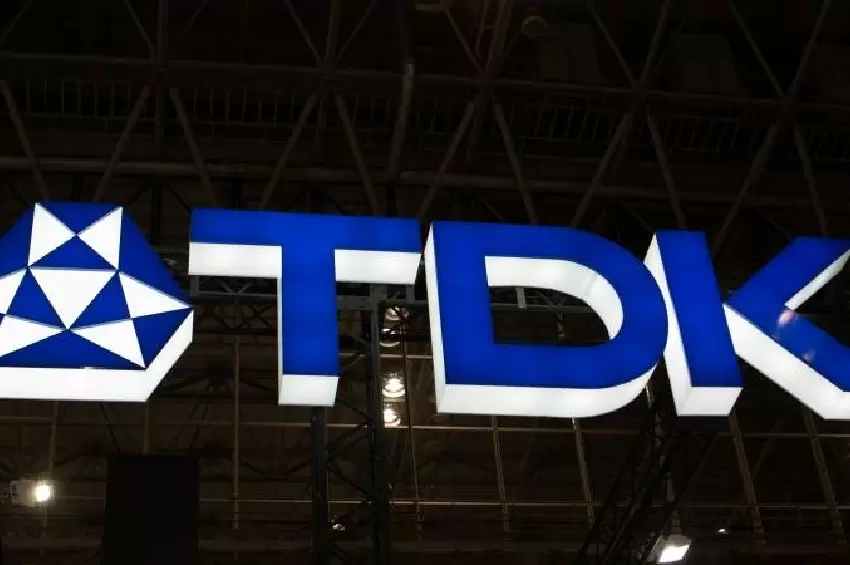Will the Old Tax Regime Be Abolished in Budget 2025?
As Budget 2025 approaches, a pressing question looms: Will the old tax regime be abolished? India's current income tax structure presents two distinct regimes: the traditional one, rich in exemptions and deductions, and the new, simplified regime with lower tax rates but fewer benefits. Introduced in the financial year 2020-21, the new Income-Tax (I-T) regime is now the default choice unless specified otherwise by the taxpayer.

Comparing Old and New Tax Regimes
The Finance Act, 2024, enhanced the appeal of the new regime by offering concessional slab rates for income up to Rs 15 lakh. Notably, under the new regime, taxpayers earning up to Rs 7 lakh can claim a rebate of up to Rs 25,000, a significant increase from the Rs 12,500 rebate available under the old regime for incomes up to Rs 5 lakh. Additionally, the new regime offers a higher standard deduction for salaried taxpayers, raising the bar to Rs. 75,000 from the previous Rs 50,000.
Limitations of the New Tax Regime
Despite its advantages, the new regime restricts taxpayers from claiming various deductions and exemptions, such as House Rent Allowance, Leave Travel Allowance, and investments under Chapter VI-A sections, including EPF contributions under section 80C. This limitation has sparked discussions on the necessity of allowing certain deductions, like Mediclaim premiums under section 80D and benefits for the differently abled under section 80U, in the new regime to ensure fairness and inclusivity in the tax system.









Comments